Happy end of March, reader. My month has been fucked up; it’s a good thing I’m resilient and hardworking, because everything that could go wrong, did. I wish I’d read more lit fic, but I felt too overwhelmed to read more than the necessities. (Feminist nonfiction for work, my friend Luke’s new work, new Hunger Games release, and fucking Throne of Glass to try and relax for five seconds.)
Vent over. Give me your comments if you have them. Wishing you sunshine and stability in April <3
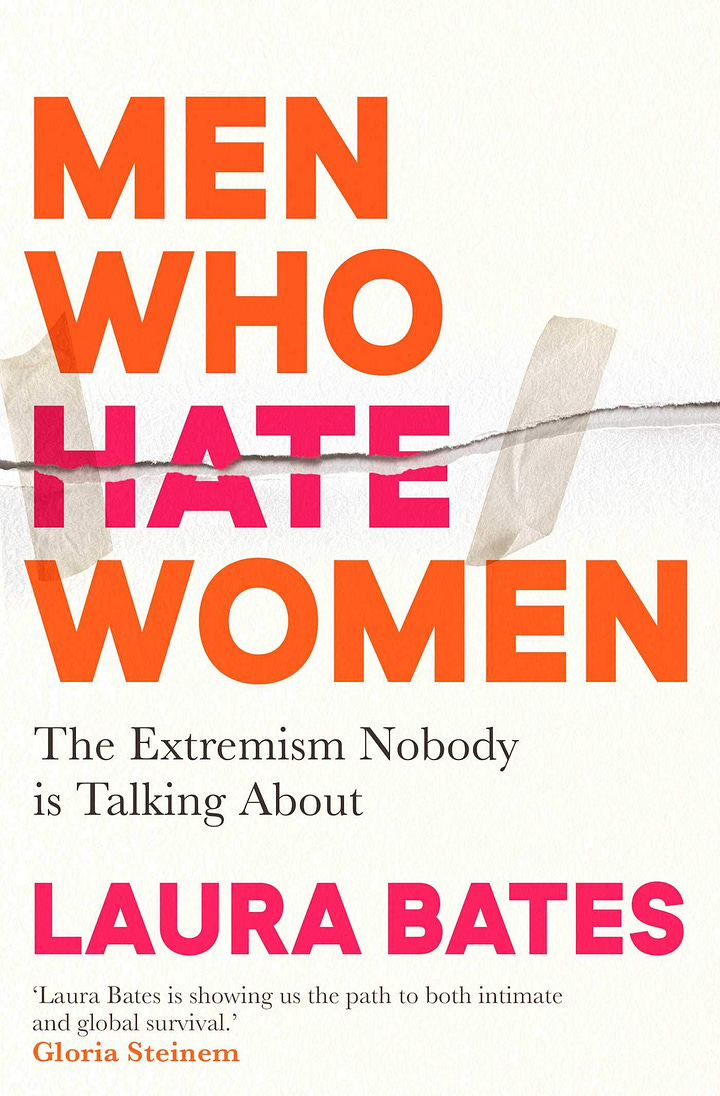
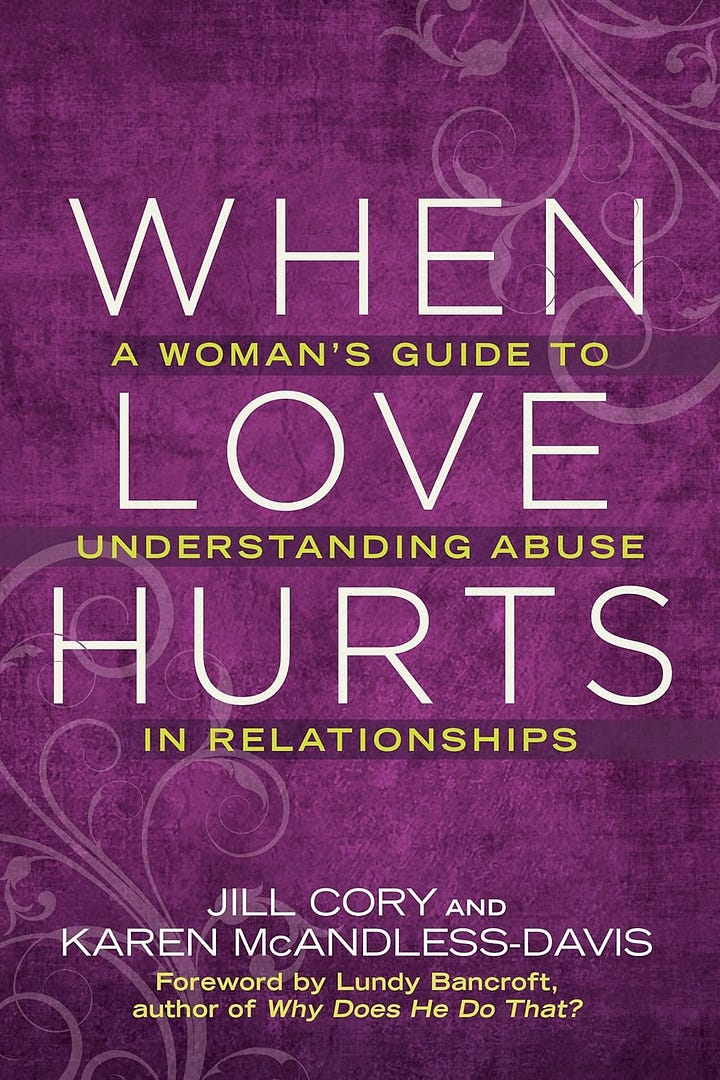
Politics
Men Who Hate Women by Laura Bates (2021)
360 pages, read in ~18 hours, borrowed from the Fredericton Public Library via the Libby App
Two anecdotes that came to mind while I was reading Men Who Hate Women:
In my senior year of high school, my World Issues class was tasked with presenting a seminar on a significant world issue of our choice. (Mine was police brutality.) There was a young man in my class who did his seminar on “men’s rights” in an attempt to get a reaction out of my best friend and I, infamous feminists that we were. He tried to provoke reactions in us constantly and laughed loudly when we brought up women’s rights issues. I suppose the irony that I was also presenting on a men’s rights issue (albeit it is primarily, specifically a men and boys of colour issue) was lost on him.
In my first year of undergrad, I attended a Take Back the Night March, where a local cis man had decided to protest by walking with the women. For those who may not know, the point of TBTN is for women to feel safe walking at night, and men typically stay behind. After marching with us, which no one even attempted to prevent, he interrupted the event to stand on top of the City Hall fountain and start yelling at us about how unfair it was that men were excluded. I got up on the fountain with him and yelled back until an organizer intervened. He screamed in my face that this “wasn’t about you, Shannon.”
The early 2010s were a bad time to be a feminist. Not that there’s ever been a good one, really, although the 70s were very cool looking. These events came to mind because it felt like this book could have been written in 2013, and I can hardly believe it’s been over ten years since I first learned what an incel was.
This book reignited my anger, because it deals heavily with that period where it seemed the internet was meeting feminism for the first time. “Flawless” was everywhere; Jordan Peterson was gaining notoriety; gamergate was hot news. My only critique of the book is that I wish it felt a little more contemporary; the sad, frustrating truth is that the parasitic cling of the “manosphere” hasn’t lost any steam in the intervening decade.
There’s no new information in this book if you’ve been in feminist circles for a while. But I suspect that I know a lot of men who are familiar with these terms in theory, who hypothetically support feminism, and who haven’t done a whole lot of sustained reading on the subject. I would implore you to pick up this book as a starting point, to understand what is at stake for women. Please don’t write it off because you think it isn’t relevant to you or you already know it all. Men need to start showing up to learn and teach each other.
These two parallel claims—”not all men” and “it’s all accidental”—are directly contradictory. Either it’s “not all men,” in which case we must infer that it is only a small, specific group of men, deliberately committing acts of harassment and assault (a conclusion with which I broadly agree). Or this is all about poor, blundering men, making innocent missteps in a world in which behaving perfectly respectably risks being misinterpreted beyond one’s control, in which case, presumably, we are talking about all men, since the specific implication is that it could happen to anyone. So once again, the logic falls apart. (Bates, 410)
When Love Hurts by Karen McAndless-Davis and Jill Cory (2000)
208 pages, read in a week
I’m reading this book for work, but unfortunately I’m finding it relevant for personal reasons, too. I’m not quite at the end yet, but I’m close enough to recommend it. Even if you’re not in an abusive relationship and never have been, there are important insights in here about how to watch for warning signs. There’s also invaluable information on how not to speak to people in abusive relationships. It will help you reframe your thinking to be trauma-informed, and help you understand how your words might have a victim-blaming impact.

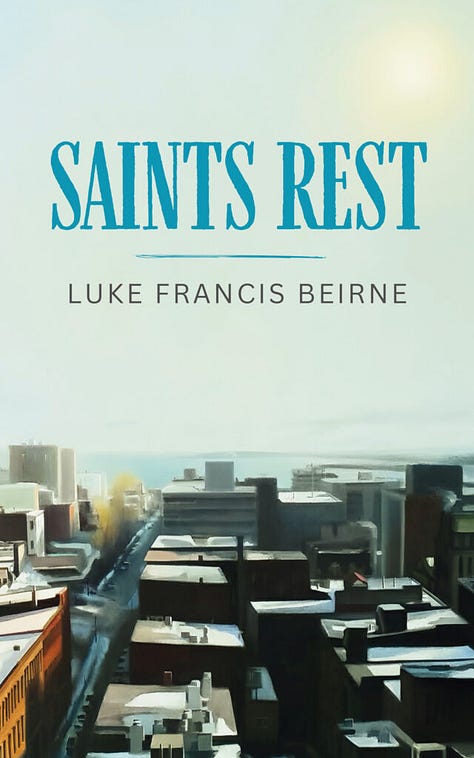
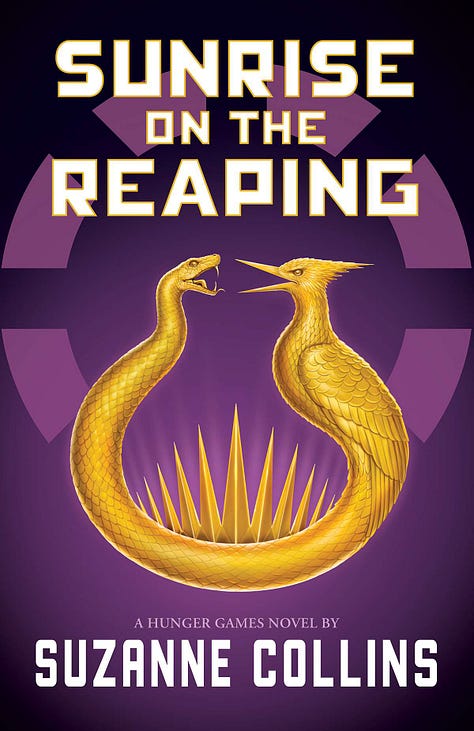
Misc. Fic.
Coyote Doggirl by Lisa Hanawalt (2018)
read in an hour or so
3 pleasure saddles out of 5
Visually beautiful, quirky, charming, touching, and very funny. Coyote Doggirl is searching for her lost horse; along the way she meets new friends and has some strange, horny, and eye-opening adventures. A “cowboys and Indians” type story that doesn’t rely on stereotypes or racism.
Saints Rest by Luke Francis Beirne (2025)
via Baraka Books
140 pages, read in two days
5 double-doubles out of 5
My dear Maritimer readers (and anyone else), you need to read Luke’s new book. It’s tense, snappy, lyrical, and purely Saint John. The neo-noir form is mastered here and set against the beloved port city landscape, for a perfect storm of intrigue and impending doom. No words are wasted, but it never feels rushed, taking just the right amount of space to revel in the grime and fog of SJ. There’s a twist I genuinely didn’t see coming. It’s cop-critical. It’s measured and understated but still beautiful. Westminster has copies right now :)
Sunrise on the Reaping by Suzanne Collins (2025)
382 pages, read in 2 days
4 dry cisterns out of 5
Okay, I don’t want to spoil this for those who haven’t read it yet, so no significant plot details shall be revealed. What I’ll say is that this book delivers; it’s another solid addition to the HG universe, no more and no less. I was impressed in places by Collins’ hand at symbolism and political allegory, but I wasn’t blown away by the cultural criticism. It’s heartbreaking, unrelenting, and brutal in its death march. It’s harder to read as an adult than it was at thirteen, because of course at thirteen you see no difference between adults’ mental faculties and your own.
I wish it dealt more with AI—that’s where I thought Louella’s story was going (IYKYK). I don’t see the anti-AI messaging that others seem to have read. I also have to admit that I was tired by all the links to Lucy Gray and Katniss. I don’t think “fan service” is an appropriate term, because I don’t think that’s the reason Collins made so many characters cameo here—she’s never been one to indulge or exploit that kind of thing. (Minor spoilers for early book reveals): I just didn’t need all of the characters’ parents to have been besties, too. And for everyone to be cousins. It made it less believable to me that Haymitch never told Katniss about her parents. I didn’t need Haymitch to know Lucy Gray’s story or connect herr dress to Lenore Dove’s. The quantity of overlap was just very story-convenient. I would have preferred more breathing room, so the intergenerational connections felt more significant when they did line up. I think Collins was tempted by the potential juiciness of all those parallels, but more new characters and less callbacks would have been more interesting to me.
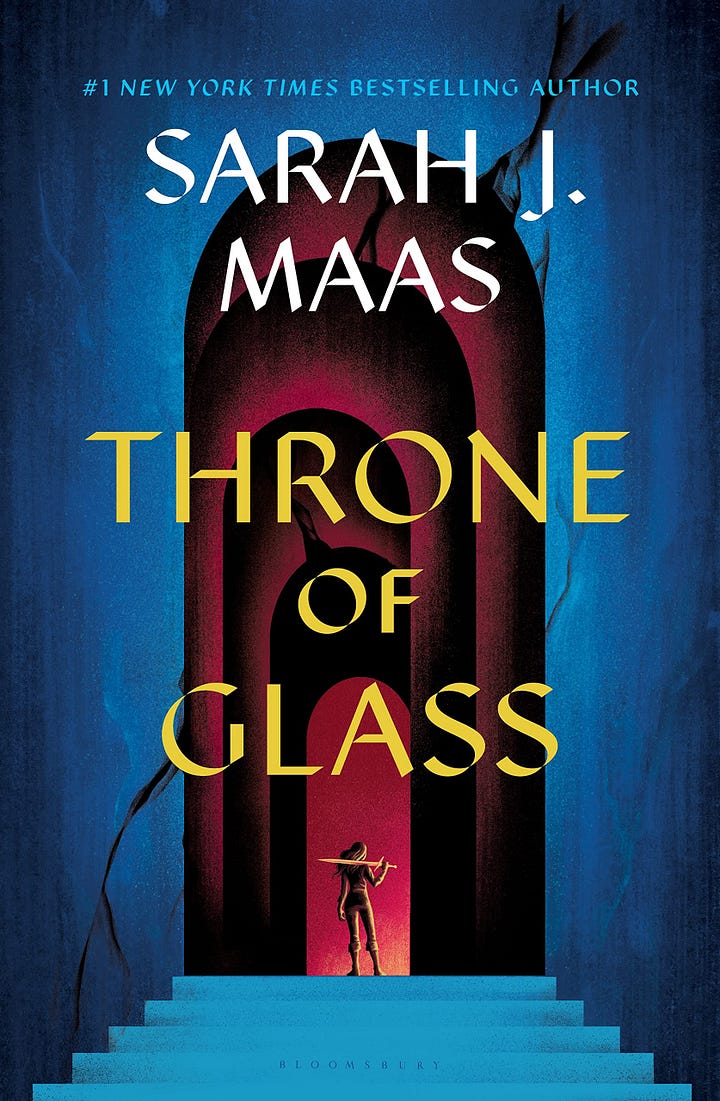
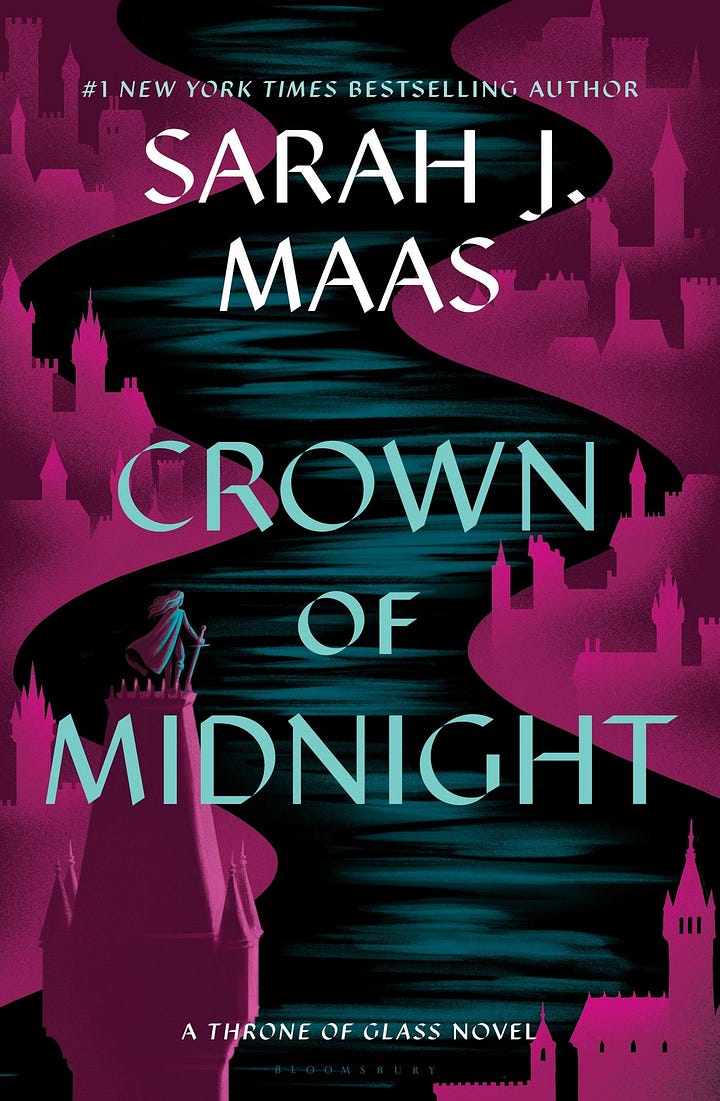
Fantasy
Throne of Glass by Sarah J. Maas (2012)
406 pages, read in a week?
1.5 ridderaks out of 5
This is a bad star rating, but it’s not a totally negative review. The rating definitely isn’t going to stop me from reading the rest of the series. Yes, this book reads like fanfiction, with a forced love triangle and a fucking annoying protagonist. Celaena has potential but oh my god, I hate the choices Maas makes here re: her behaving like an eight-year-old from time to time. We’re told over and over again what a great assassin she is, but we never see her in action except for two or three very fast, small fights. It’s just not playing into the character or the genre’s strengths at all.
You can see Maas’s fledgling creativity and worldbuilding ability here; she just hasn’t learned how to use them yet. The plot and character relationships gain weight in the final third, another Maas classic. The pieces are there, just not fitting together yet. I’ve heard so many positive things about this series as a whole, and I did enjoy ACOTAR, so I’m going to keep reading, but objectively this book is not very good. Not terrible, but not where it needs to be, and definitely where Maas could take it.
Crown of Midnight by Sarah J. Maas (2013)
420 pages, read in a couple weeks
2.5 ironteeth witches out of 5
One thing I’ll say for SJM: she knows how to start a series in such a way that I never want to read her again, and then reel me back in with book #2. The protagonist is 1000 times less annoying here, and Chaol and Dorian exhibit emotions beyond heart eyes and lolling tongues. The highlights, however, are in Maas’s creativity, particularly a tense scene where Celaena must fight her way out of a mazelike train car full of mirrors, defending herself from Baba Yellowlegs, a witch with iron teeth whose weapon of choice is a heavy chain. There’s also a reveal near the end that I knew was coming to some degree but still made me gasp and put the book down to think about the ramifications. I continue to be both underwhelmed and committed to see where the series goes. People talk about this series like it’s life-changing, and I guess if Maas keeps going at this rate, she’ll approach good writing just 2 or 3 books from now.




